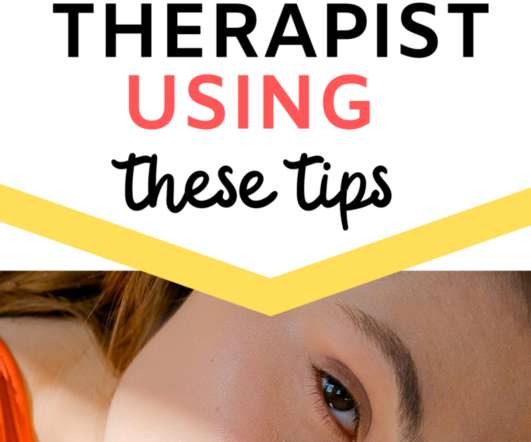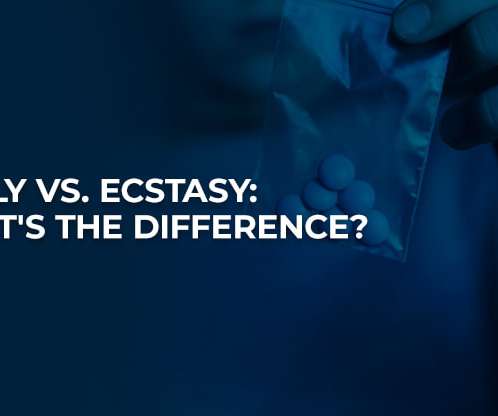psychotherapy's moral bite: on deactivating the projection of will
Clinical Philosophy
MAY 1, 2021
So, what I don't mean is moral shrillness, or moralising, or a failure of empathy, or an absence of the light touch, or an inability to take oneself less than seriously (i.e. It's from a recent blogpost by Jon Frederikson ; Frederikson is a particularly lucid and thoughtful exponent of ISTDP (Intensive Short Term Dynamic Psychotherapy).












Let's personalize your content